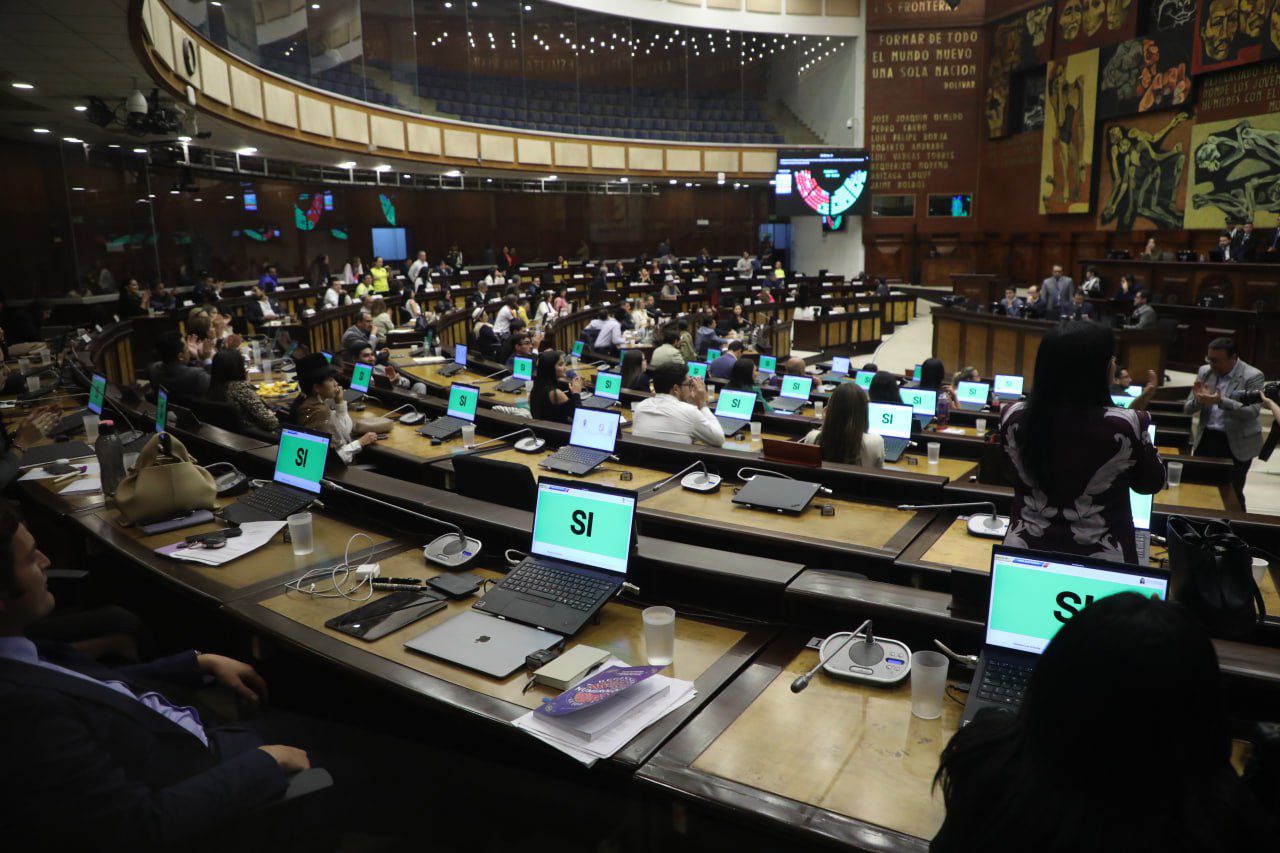Global Guide on Technology-Facilitated Parliamentary Monitoring

Together with the National Democratic Institute (NDI), we present the publication “Tech-Facilitated Parliamentary Monitoring: 8 Use Cases”, a report that compiles innovative experiences from civic organizations monitoring parliaments around the world.
The initiative is based on a fundamental premise: parliaments play an essential role in democracies. They are responsible for legislating for the common good and overseeing the executive branch. Within this framework, the work of parliamentary monitoring organizations is crucial to evaluating parliamentary performance, ensuring transparency, and strengthening citizen participation.
However, in a context marked by political polarization, shrinking civic space, and limited funding, these organizations face increasing challenges. For this reason, the use of technological tools has become an urgent and strategic resource, enabling the collection, analysis, and dissemination of information more efficiently and at a larger scale.
The guide published by Directorio Legislativo and NDI aims to provide support in this area. The document presents 20 tools developed by 12 organizations from Asia, Africa, Latin America, and Europe, organized into eight use cases. These range from legislator directories and platforms for direct interaction between citizens and representatives, to legislative tracking systems, methodologies for evaluating the quality of parliamentary debates, budget and public finance monitoring initiatives, tools for asset control and conflict-of-interest detection, thematic monitoring projects—such as those related to women’s rights—and artificial intelligence applications for transcribing and interpreting debates.
At Directorio Legislativo, with more than twenty years of experience in Latin America, we contributed key regional experiences to the report, such as the Directory of Legislators, the platform Hablemos de Presupuesto, and the tool Joining the Dots, which cross-references sworn declarations with other databases to detect potential conflicts of interest.
These examples, together with those of other organizations included in the publication, demonstrate how civil society innovates to make parliamentary processes more transparent and accessible, while expanding opportunities for citizen oversight.
The guide concludes that technology is a fundamental ally in strengthening democracy, although its impact will depend on essential conditions such as political will, sustainable funding, and the ability to build strategic partnerships.
With this publication, we offer a roadmap designed to inspire and support more civic organizations in the challenge of leveraging technological innovation to promote accountability, transparency, and democratic participation.
